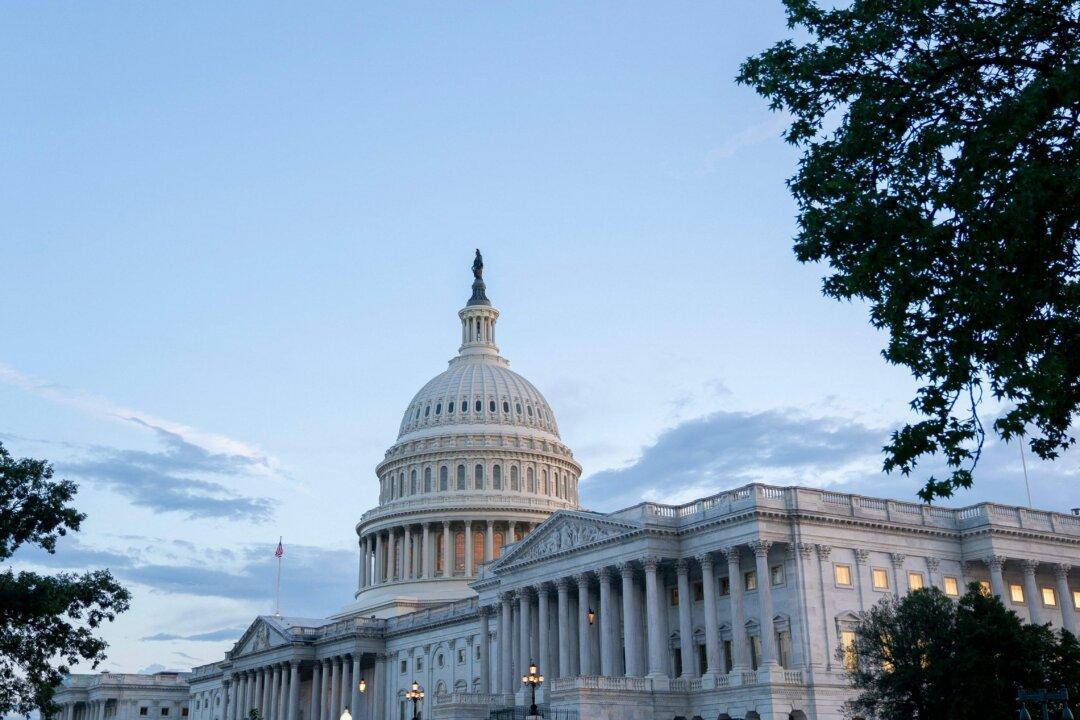Commentary
We are less than two weeks from the midterm elections. Many Americans have high hopes that we will elect people who will lead us to a brighter future. My hopes are more modest. I just hope they don’t mess things up too much.

We are less than two weeks from the midterm elections. Many Americans have high hopes that we will elect people who will lead us to a brighter future. My hopes are more modest. I just hope they don’t mess things up too much.